Travel vs Vacation
The first question I like to ask someone when they are planning a trip is: “Do you want to vacation or travel?” These two words may have similar meanings for many, but over my years of traveling, I have learned they are vastly different. This post and its tips are meant to help you become a better traveler, not a vacationer.
Traveling (over vacationing) is something I believe people need to do more of, and I hope this post help you recognize the difference between the two!
Definition
Before we dig into anything, we must start by defining these two key words:
- A vacation is a trip with the primary objective of providing a mental break. Vacations tend to focus on entertainment, luxury, comfort, and familiarity. You tend to leave a vacation feeling recharged and relaxed. Vacations are a great source of short-term happiness (the duration of the trip) and can also serve as a valuable bonding experience ( friend and family).
- Travel is a trip that’s primary focus is on understanding a country. These trips tend to focus more on people, culture, exploration, and discomfort. You tend to leave a destination you have traveled to, feeling a part of the community and people. Travel tends to provide knowledge, understanding of local connections, all of which can provide long-term happiness and a life-changing impact.
How to Become a Traveler
Many people have the intention to travel (over vacation), but their itineraries reflect the contrary. Through the many trips I have taken, I have learned a lot about the art of trip planning and traveling. The below tips are some of the most important you should focus on to become a better traveler.
1.Limit The Sight Seeing!
The most important thing I have learned from all my travels is to not focus too much on sightseeing! This is so important so let me repeat: The best travelers do not obsess over sightseeing!
Often, it is the stunning pictures of natural and manmade sights that make us want to travel, and so sightseeing is what we want to focus on. The problem with sightseeing is that most of the time it is nothing more than short-term entertainment. We tend to go to these sights and surround ourselves with people who are not local to the country; We then marvel at a sight, take some pictures, and then return obsessing over those pictures. What I’ve learned from my trips is that while sightseeing is awesome at the moment, most spots rarely help you understand a country.
2. People and Culture
If not sightseeing, then what? The answer is people and culture! When I started to shift the focus of my trips to people and the culture, I returned home feeling like every trip was life-changing; I felt smarter, less ignorant, and more connected to the world. Understanding different ways of life is probably one of the best things you can do to become a better human and citizen. It may not always be as relaxing as going to Disney World, enjoying luxury hotels, or gazing at sunsets, but it’ll almost always be more worth your time and money.
The biggest thing you can miss out on when traveling is the opportunity to understand a new culture and connect with the countries people.
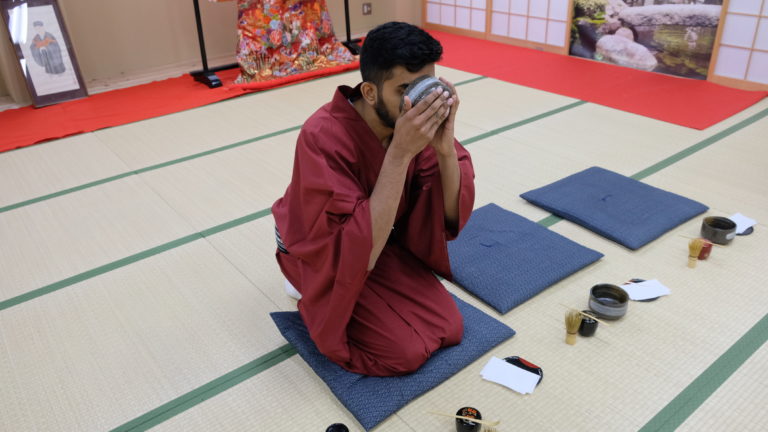
3. When You Do Sightsee Make It Epic
You might have noticed that tip 1 said “Limit” sightseeing, not “abandon” it. Sightseeing should never totally be ruled out of your itinerary. Every trip needs some sightseeing to make it enjoyable and exciting. Additionally, some sights serve as important landmarks that help you understand a country (For example Roman ruins in Italy)
The way I like to determine which sights I plan to see is to start by asking myself the question: “What is unique to this country?” From that, I find sights that help illuminate that uniqueness. After that, I like to ask, “Why is seeing this sight important to me?” If I don’t have a good answer, it does not make my must-do list, if I do, I plan to see it.
The ultimate objective of these questions is to help you focus on the uniqueness of each country. You don’t want to waste time seeing beaches in Vietnam when its beaches are nothing to write home about. Focus on seeing the most special parts of a country!
4. Kill Two Birds With One Stone
When you go to a new country, it isn’t always easy getting involved with the people or culture in an authentic way. So how do you go about planning for this?
What I’ve found works best is to start with the must-see sights that you want to see (tip 3), create an itinerary around that, and then find ways to make everything in between more local. Some of my favorites ways to do this are:
- Local Homestays in cities you want to visit
- Exploration of non-touristic villages or towns near scenic sights
- Forming personal connections with tourism workers ( Receptionist, Cab Drivers, Guides) and let them show you around
- Taking Local Transportation (If safe)
- Focusing on local or family led tours instead of large tour company
- Come with a set amount of money to donate and search for personal ways to help people with the money. ( This forces you to meet and speak to people you otherwise wouldn’t think of speaking to).
- Get Lost!
Get creative, and find ways to feel local while also being a tourist!
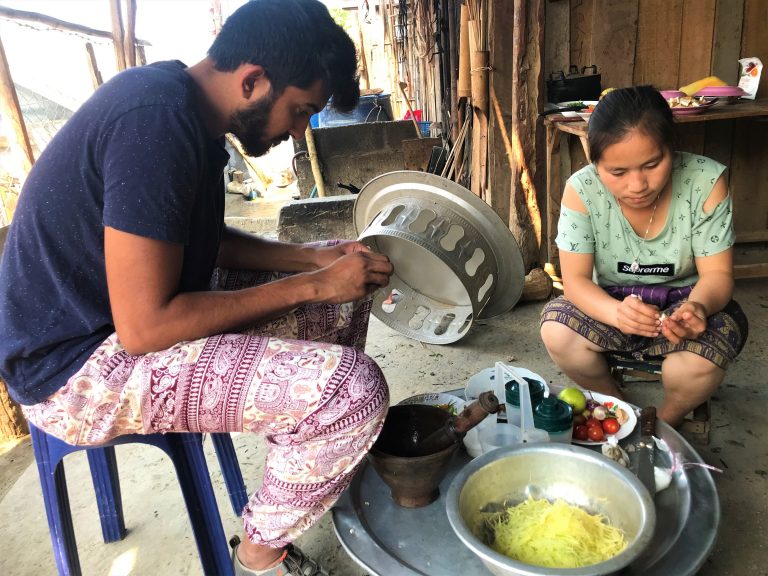
5. Slow and Steady
The slower you can travel the better opportunity you will have to discover a country’s hidden gems (people and places). Often we plan such a jam-packed itinerary that we fail to stop and notice anything outside of the master plan that we have created. I have found the best and most memorable parts of a country are often discovered by mistake- a unique shop, a friendly conversation with a driver, a walk through a residential neighborhood. It can be hard to find time for these kinds of non-itinerary items when you are trying to squeeze in a vacation in 2 weeks (which is why I encourage traveling during a gap year!). That being said, I have found that building in ample free time in your itinerary allows you to freedom to travel slow. While you may check less off your bucket list with this approach, you almost certainly will get more from your trip!
6. Do Your Homework
The more homework and research you do about a place before you visit, the more you’ll get out of your trip. Read books/articles and watch documentaries and shows related to the country. You’ll find that what you learn from your research will help provide greater context to the things that you see and do. For example, as opposed to just staring at the Taj Mahal and taking pictures, watching a documentary on its history helped me understand the symbolic aspects of its architecture.
You won’t learn everything from your research, but doing your homework will certainly enhance your travel experience.
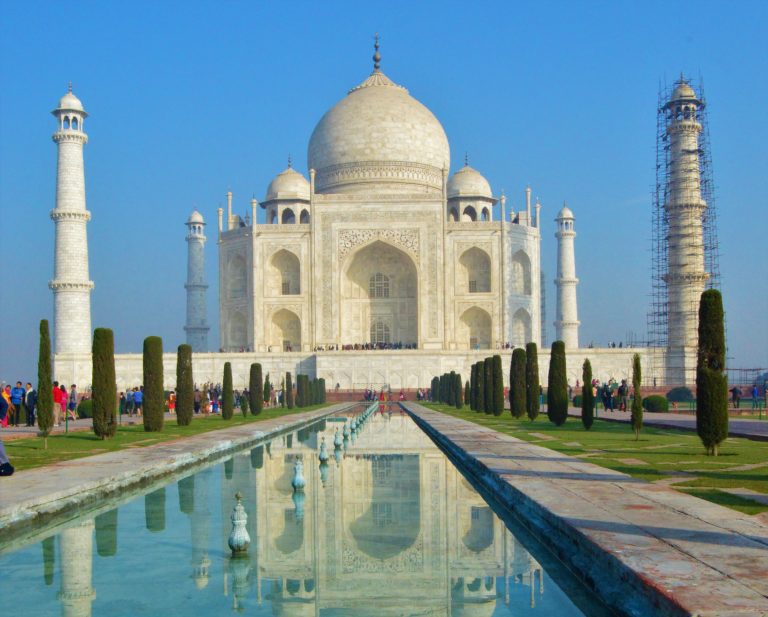
7. Keep an Open Mind
If you’re traveling to too many places that feel familiar to home, you, in my opinion, are doing it wrong. Going to places where things are different from how you expect them is what makes traveling so beneficial. However, as you embark on trips to these kinds of places, it is important to visit them with an open mind. Understand that what you may have learned from your homework (tip 6) may be different than how locals see things. Understand that what you feel is the best way of life, might be different from how individuals see their purpose in life. Understand that your opinion on certain things may be different from others around the world. If you come to a country and scoff every time something is different to your home country, you may as well not travel.
Travel with an open mind and strive to understand what makes people the way they are.
Trips I Tend To Avoid
I have nothing against a good ol vacation. Everyone needs a break once in a while. That being said, one of the most incredible things I learned from my Vipassana Meditation Retreat in Thailand was that mental breaks can come from within. Since this realization, I have found myself even less interested in paying for vacation trips and more interested in focusing on travel. In my opinion, for as long as I have limited resources- money, time, days off from work, etc. I will always opt to go on trips that teach me more about the world over a mental break vacation.
Here are some of the trips that rank the lowest on my priority list (in order). While I still believe I would enjoy these trips, I tend to pass on them for more travel-oriented trips.
- All-inclusive Vacations
- A pure relaxation trip that has very little exploration. Rarely do all-inclusive trips teach you anything about a place or its people
- Cruises
- Another version of all-inclusive but only at sea. You do spend some time in countries/states, but it’s generally just a few hours.
- Alaskan or Antarctica Cruise are two that I would consider.
- Domestic Destination
- America has a lot of beautiful stuff to see and states can vary in culture. That being said, it is still a place I’m very familiar with. The sights can be stunning but as mentioned in Tip # 1 sightseeing is more of a short-term benefit of travel.
- I have also found almost every country in the world has something beautiful to look.
- Pure Sightseeing Trips (limited learning about culture or people)
- Exception to this would be to visit places where sightseeing is unique enough to change my understanding of the world around me.
- Antarctica (Most untouched place on the globe)
- Underwater/Ocean Exploration
- Safari/Jungle /Animal Observation
- Second Exception is if it involves a mental/physical challenge
- Hiking a mountain
- Living in a Jungle
- Learning a new skill
- Exception to this would be to visit places where sightseeing is unique enough to change my understanding of the world around me.
- Countries that feel too similar to America (Home country)
- Same reason as the point above.
- Canada and some European countries (not all) rank slightly lower on my priority list as opposed to countries in Asia and Africa and South America. Not to say I do not wish to visit them, but I have found trips to these continents have taught me about a different part of the world, away from western culture.
Generally, if I do make a trip doing any of the above, I do so when it is a bonding activity with friends or family.
Summary
If you are lucky enough to have the resources to get on a plane and fly anywhere in the world, I hope you consider using that luxury to educate yourself on the world. I strongly believe that the more people travel, the better the world will understand one another. The next time your debating between a vacation and travel, think travel, it is almost always worth the effort!
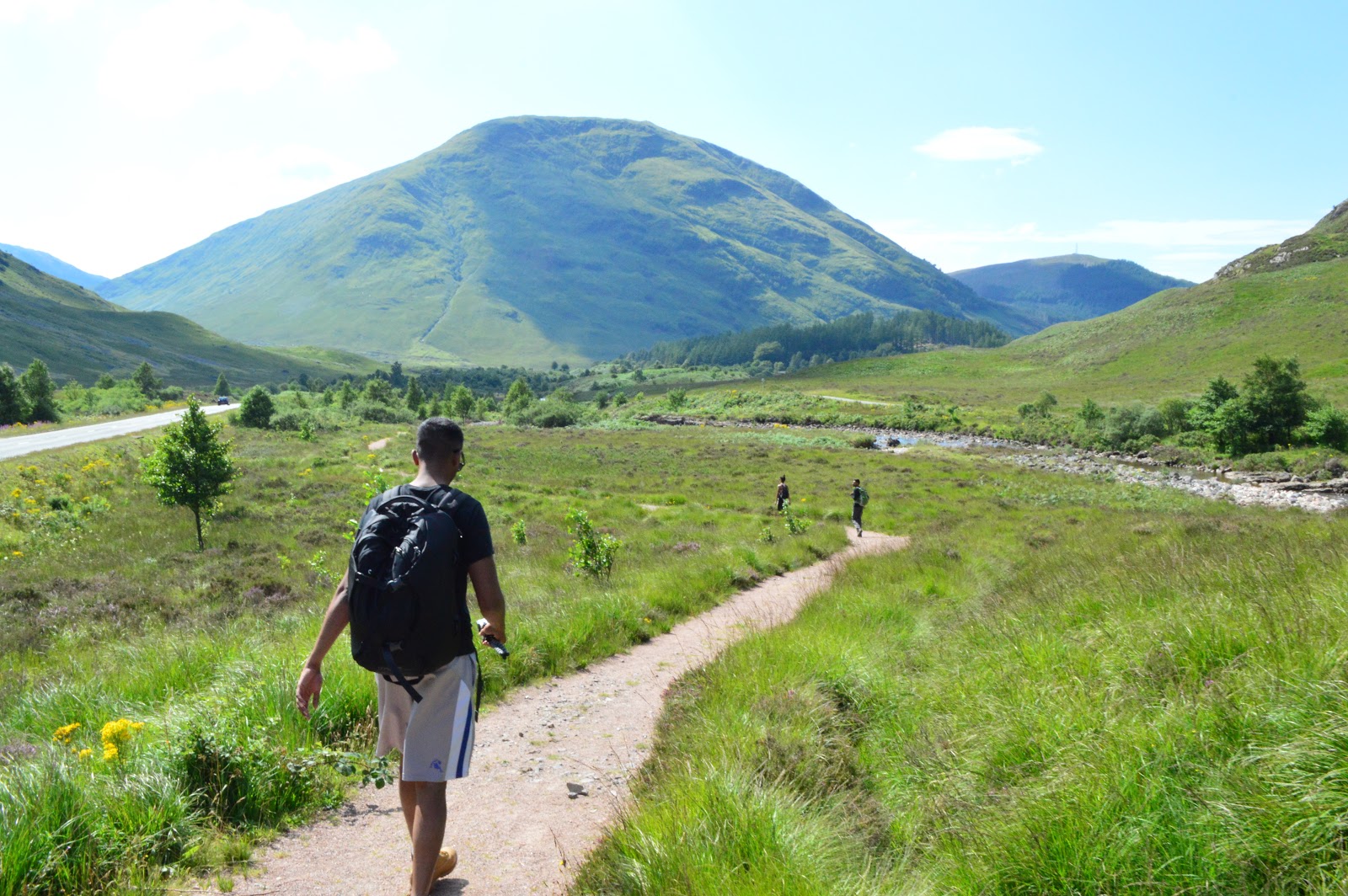

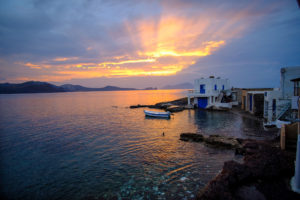
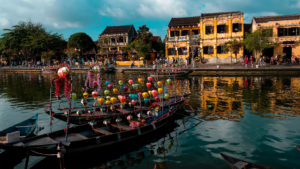
I’m sure to use some these on my next trip, thanks!